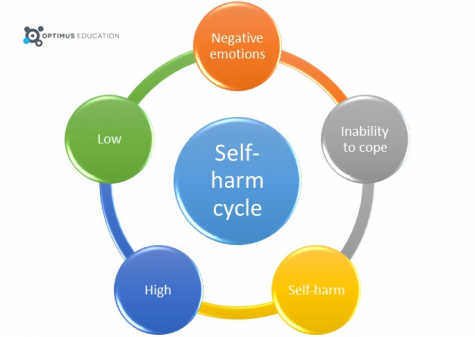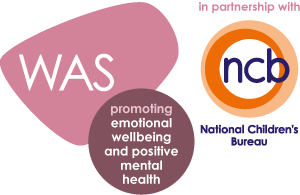Stress can wreak havoc on pupils' wellbeing. It's important that staff can take a practical approach to supporting recovery.

Stress is a commonly used word in today’s vocabulary. At some point, all of us will have cried ‘the traffic was awful, it was such a stressful drive’ or ‘I just can’t cope with the stress of cooking, let’s get a take-away’.
But, as Dr Tina Rae explains in her guidance on helping pupils to manage stress, the word is subjective in the sense that it is person specific, similar to words such as happiness, failure or success.
For many of us getting on a packed bus or train in the morning is a stressful situation that we cope with, grumbling, but doing it again day after day.
For others, however, even the thought of getting on that bus is enough to start feeling anxious and upset.
Stress may be common, but that doesn’t mean it should be underestimated. Tina explains that when young people experience too much stress they become anxious, exhausted and unable to function appropriately, both in a learning and social context.
All of us have an optimum stress level which allows us to function effectively and efficiently in our daily lives; what is vital is that pupils learn how to recognise these stress levels, and that they develop coping strategies to fall back on when they experience higher levels of stress. This will enable them to maintain a healthy balance of tension, growth, rest and self-nurturing.
Pupils need to be able to focus and build up reactions that reduce stress as well as understanding, acknowledging and coping effectively with the sources of their individual stresses.
Identifying pupils who are vulnerable to stress is key to knowing what the best support is.
Stress is individual to each person, so their coping strategies will be too.
These might involve discussing different methods of thinking and communicating, or suggestions of practical things pupils can do themselves to reduce stress.
Training for all is key. School staff need to be able to recognise the signs of all mental health disorders and for a lot of these issues staff require very specialised knowledge.
There are tried and tested strategies to support pupils suffering from issues such as self-harm, eating disorders and anxiety, but the type and level of support will always depend on the individual pupil.
In her webinar, 'Understanding and supporting self-harm', Dr Pooky Knightsmith gives practical and sensible guidance on identifying and supporting pupils who are self-harming and outlines initiatives your whole school can use to promote awareness of these issues and encourage wellbeing.

The self-harm cycle is an easy way of making all staff and pupils aware of what to look out for.
For more detailed and targeted training for school staff, see Pooky’s In-House Training course, Managing Self-Harm. The first unit can be presented by the designated safeguarding lead (DSL) to the whole school to help raise awareness of self-harm, and the second unit provides pastoral leads with detailed guidance on how to support and aid recovery in individual pupils.
Many pupils still suffer from the idea that emotions are something to be covered up, not talked about. Instead of a stiff upper lip, we need frank discussions about mental distress.
Silence helps no-one, but often the most vulnerable are least likely to ask for help. That’s why it’s so important that school staff get the training they need to identify mental health issues in young people and support them to overcome them.
 Wellbeing Award for Schools
Wellbeing Award for SchoolsDeveloped in partnership with the National Children's Bureau (NCB), the Wellbeing Award for Schools (WAS) will allow you to ensure that effective provision is in place to promote the emotional wellbeing and mental health of both staff and pupils.
Mental health is no laughing matter, or is it?